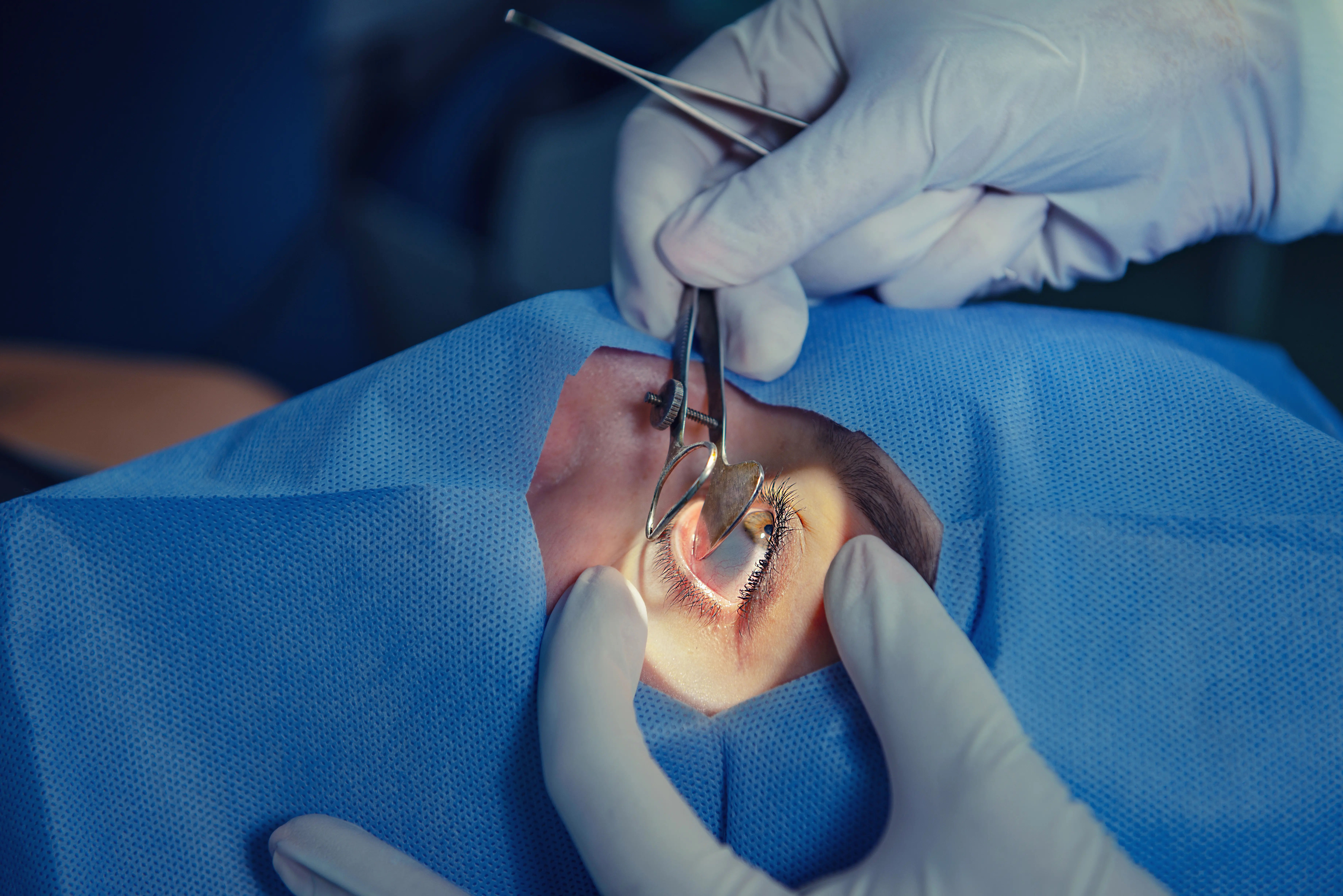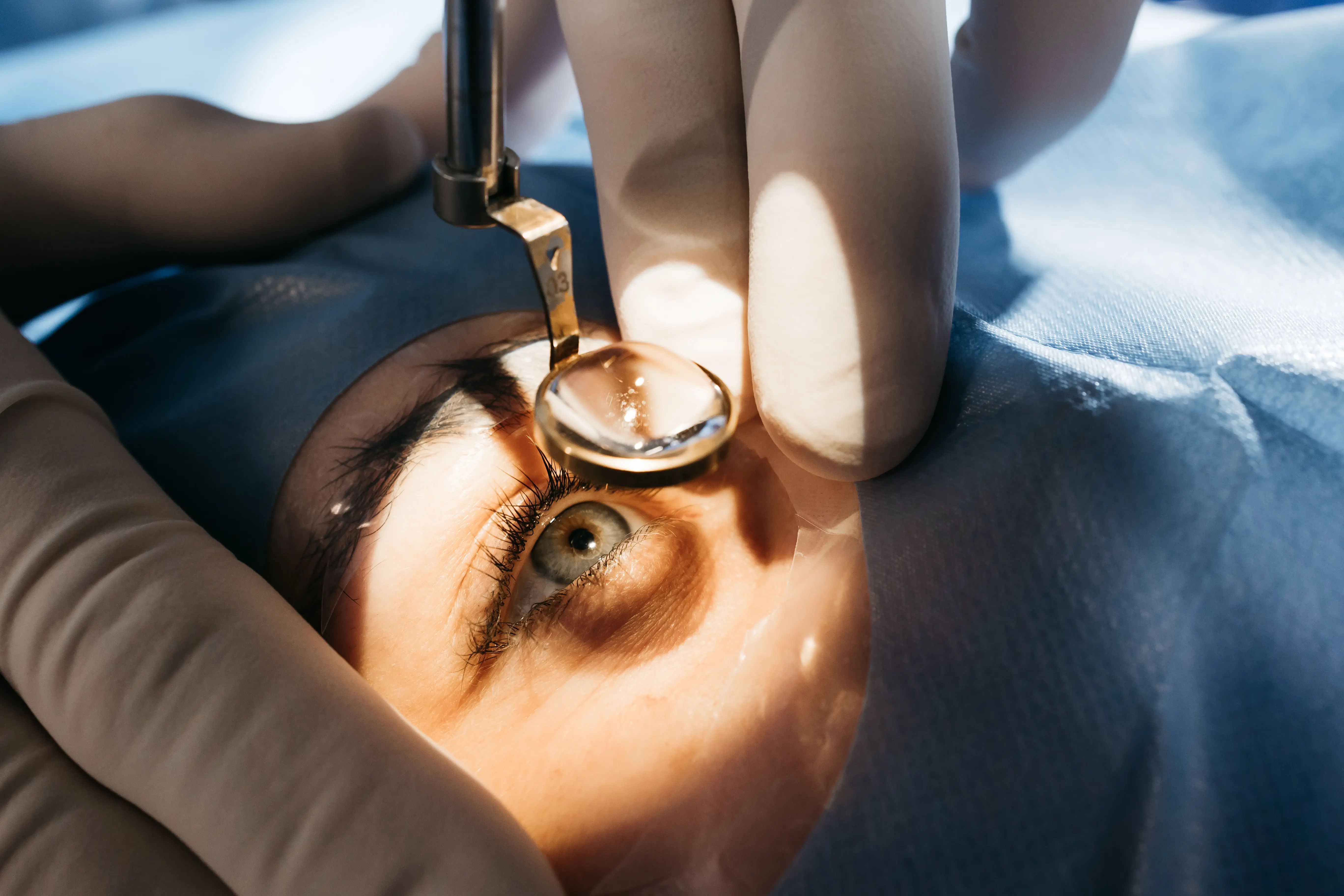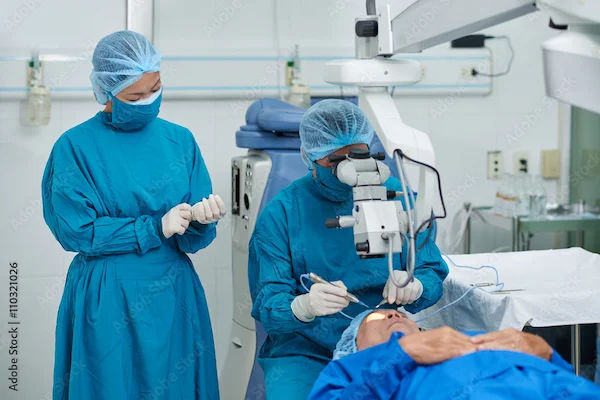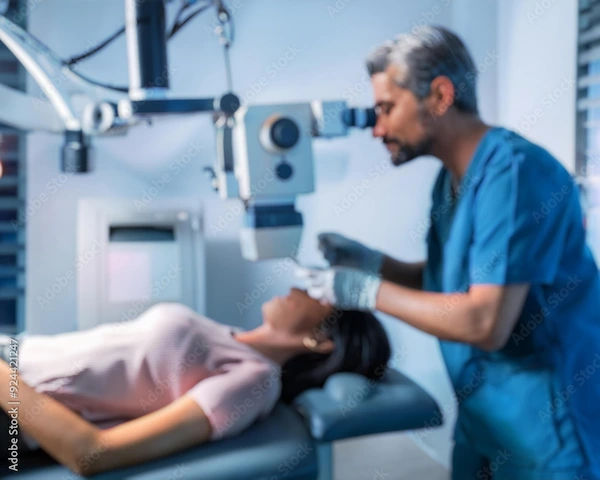Film Behind Lens After Cataract Surgery
A film behind the lens, known as posterior capsule opacification, can cause cloudy vision after cataract surgery. Learn about symptoms, diagnosis, and effective treatment options.

Written by Dr. Shaik Abdul Kalam
Reviewed by Dr. D Bhanu Prakash MBBS, AFIH, Advanced certificate in critical care medicine, Fellowship in critical care medicine
Last updated on 13th Jan, 2026

Introduction
Cataract surgery is a common and generally safe procedure that helps restore clear vision by removing the cloudy lens (cataract) and replacing it with an artificial intraocular lens (IOL). However, some patients may notice a film-like blurriness or haziness in their vision weeks, months, or even years after the surgery. This condition is called posterior capsule opacification (PCO), often referred to as a "secondary cataract."
If you've recently had cataract surgery and feel like your vision is becoming cloudy again, don’t worry—this is a treatable condition. In this article, we’ll explain what causes this film behind the lens, its symptoms, and how it can be easily corrected.
What Causes the Film Behind the Lens After Cataract Surgery?
During cataract surgery, the natural lens (which has become cloudy due to cataracts) is removed, and an artificial lens is placed inside a thin, clear membrane called the lens capsule. Over time, some patients may experience cell growth on the back of this capsule, causing it to thicken and become cloudy. This is not a return of the cataract but rather a natural healing response where residual cells grow across the capsule, obstructing vision.
Who Is at Risk?
While PCO can happen to anyone after cataract surgery, certain factors increase the risk:
Younger patients (since their cells regenerate faster)
Patients with certain eye conditions (like uveitis or diabetes)
The type of IOL used (some lenses are designed to reduce PCO risk)
Symptoms of Posterior Capsule Opacification (PCO)
The most common signs of PCO include:
Blurry or hazy vision, similar to how cataracts initially felt
Glare or halos around lights, especially at night
Difficulty reading or seeing fine details
Fading or dullness of colours
If you experience these symptoms, it’s important to get your eyes checked, as PCO is easily treatable.
Get Your Eyes Checked
How Is PCO Treated?
The good news is that PCO doesn’t require another surgery. Instead, a quick and painless laser procedure called YAG laser capsulotomy can restore clear vision in just a few minutes.
What Happens During a YAG Laser Capsulotomy?
1. Preparation: Your eye doctor will dilate your pupil with eye drops.
2. Procedure: A laser is used to create a small opening in the cloudy capsule, allowing light to pass through clearly again.
3. Recovery: The procedure is painless, and most patients notice improved vision within a day.
After the Procedure
You may be given anti-inflammatory eye drops.
Avoid rubbing your eyes for a few days.
Vision typically stabilises quickly, with no stitches or incisions needed.
Tips for Healthy Vision After Cataract Surgery
To maintain good eye health and reduce complications:
Attend all follow-up appointments to monitor healing.
Use prescribed eye drops as directed to prevent infection and inflammation.
Protect your eyes from UV rays by wearing sunglasses.
Maintain a healthy diet rich in vitamins A, C, and E (leafy greens, carrots, fish).
Avoid smoking, as it can increase the risk of eye problems.
When to See a Doctor?
If you notice any of the following after cataract surgery, consult your eye specialist immediately:
Sudden vision loss
Severe pain or redness
Flashes of light or floaters (could indicate retinal detachment)
Conclusion
A film-like blurriness after cataract surgery is common and treatable. If you experience cloudy vision again, don’t panic- PCO is not a cataract returning but a simple membrane thickening that can be fixed with a quick laser treatment.
If you're concerned about your vision after cataract surgery, Apollo 24|7 makes it easy to consult an eye specialist or schedule a follow-up test. Your clear vision matters, and we’re here to help!
Would you like to book a consultation or learn more?
Consult Top Ophthalmologists
Consult Top Ophthalmologists
Dr. Ashu Agarwal
Ophthalmologist
24 Years • MBBS, MS
Delhi
Apollo Hospitals Indraprastha, Delhi

Dr. Sujit Pahari
Ophthalmologist
22 Years • MBBS, DNB, DOMS Ophthalmologist/ Eye Surgeon. FIC (Ophthal).
Bilaspur
Apollo Hospitals Seepat Road, Bilaspur
(25+ Patients)

Dr. Shivani Grover
Ophthalmologist
9 Years • MS (Ophthalmology), Fellowship Cataract, Squint & Paediatric Ophthalmology
Lucknow
Apollomedics Super Speciality Hospital, Lucknow

Dr Monica Gour
Ophthalmologist
9 Years • MS(Ophthalmology) Fellowship in Cornea
Lucknow
Apollomedics Super Speciality Hospital, Lucknow
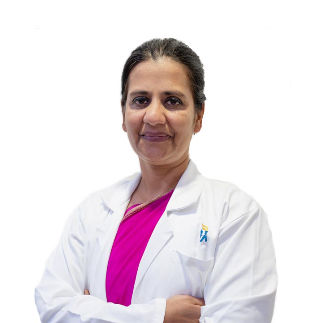
Dr. Uma Mallaiah
Ophthalmologist
21 Years • MBBS, DO, FRCS
Delhi
Apollo Hospitals Indraprastha, Delhi
(25+ Patients)
Get Your Eyes Checked
Dr. Ashu Agarwal
Ophthalmologist
24 Years • MBBS, MS
Delhi
Apollo Hospitals Indraprastha, Delhi

Dr. Sujit Pahari
Ophthalmologist
22 Years • MBBS, DNB, DOMS Ophthalmologist/ Eye Surgeon. FIC (Ophthal).
Bilaspur
Apollo Hospitals Seepat Road, Bilaspur
(25+ Patients)

Dr. Shivani Grover
Ophthalmologist
9 Years • MS (Ophthalmology), Fellowship Cataract, Squint & Paediatric Ophthalmology
Lucknow
Apollomedics Super Speciality Hospital, Lucknow

Dr Monica Gour
Ophthalmologist
9 Years • MS(Ophthalmology) Fellowship in Cornea
Lucknow
Apollomedics Super Speciality Hospital, Lucknow

Dr. Uma Mallaiah
Ophthalmologist
21 Years • MBBS, DO, FRCS
Delhi
Apollo Hospitals Indraprastha, Delhi
(25+ Patients)
